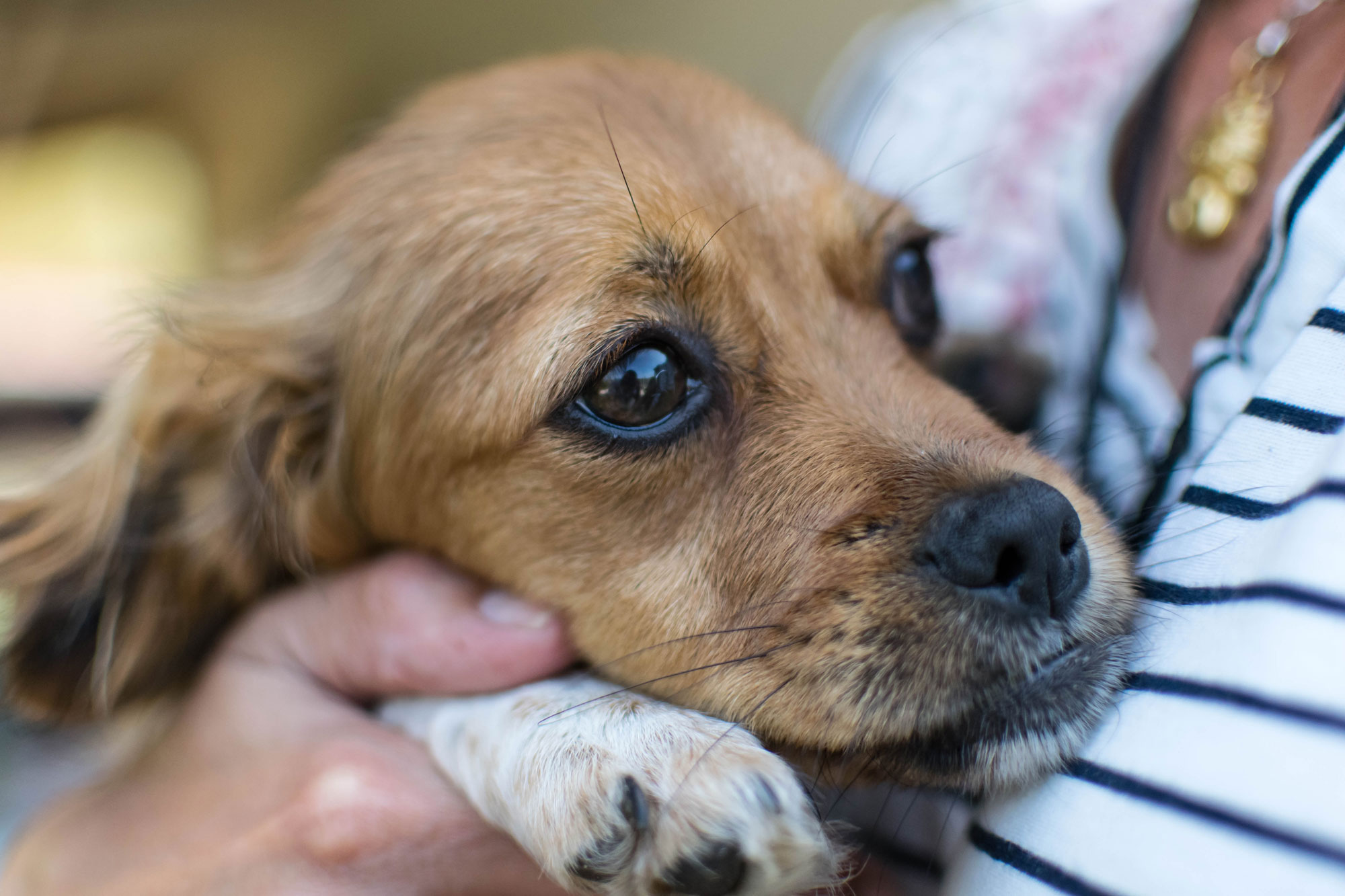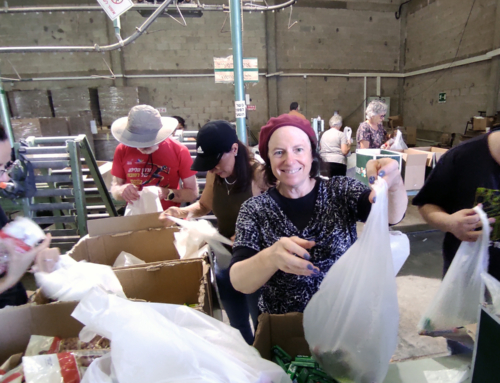Pets are important members of your family. Here are some suggestions we hope you will find helpful to get through sirens and rockets:
- Common sense and sensitivity:
- Seek shelter if you are outside. Do not walk your dog or remain in an open space like the beach. Even if sirens have not sounded in your neighborhood, dogs can develop phobic responses to the sound of a nearby explosion (fireworks or rockets alike), so head for home. Do not expose your dog to unnecessary danger or trauma. If you walk your dog along a familiar route, take note of public bomb shelters before you need to look for one in a panic.
- If your dog must relieve him/herself during a shelter in place alert (do not go out in an active air raid), take them on a very short walk but stay close to the shelter.
- Practice makes perfect:
- Teach your dog to go into the safe room (Mamad) on command. Lead them into the room as you point toward it, say the command “Mamad” (or any other word or nonsense word you prefer) as you go in, then say “Good Mamad” and give them a tasty treat. Practice daily until a treat is no longer required, but continue the praise (e.g. “Good Mamad”).
- Some cats can be taught to follow you into the Mamad for a treat, too. If not, most cats instinctively find safe hiding places (under your bed, inside a clothes closet). If the sirens are sounding, get yourself into the Mamad, your cat is already hidden away!
- Pet preparedness:
- Stock your Mamad in advance with pet food, water bottles and pet treats. Dog chew treats (such as simple rawhide shapes, bully sticks and others) provide stress relief because gnawing is an anxiety release.
- Place a cozy blanket and towel, as well as a pet bed in the Mamad. Some pets feel safe when they hide under a blanket, towel or sheet.
- Ready a cat litter box in the Mamad in advance of any critical event so your cat can get used to the space and to using a litter box there.
- Keep a radio or electric fan in the Mamad to provide some white noise. The sound of explosions can become a phobic trigger after a single traumatic event or after several exposures; white noise can reduce the intensity of percussive sound to minimize your pet’s fear response.
- Your pet may have a favorite toy or other item like a teddy bear that gives them comfort. Grooming your pet may be a comforting activity for you both so keep grooming tools ready, too.
- The Thundershirt® (see www.civilizedpet.com) can comfort some dogs. This product is based on the benefit of swaddling autistic children. Try it in advance to see how your dog responds, and if it shows promise, keep one in the Mamad.
Stay calm. This is the single most important thing we can do for our pets if not for ourselves and family. Our pets know us so well. They can sense when we are stressed, so “fake it until you make it”! Talk softly to them, petting them gently. Smiling helps, too; they read our faces! Some pets will want to cling to you, others will want to separate from you and hide even inside the Mamad. Let them each cope in their own way. If frightened pets hide inside the Mamad (e.g. under the bed or sofa, behind a box), leave them where they are, they will come out when they’re ready. Remember that your time in the Mamad is temporary. This, too, shall pass!
 About Dr. Shulamit Schwartz
About Dr. Shulamit Schwartz
Dr. Shulamit Stefanie Schwartz is a board-certified veterinary psychiatrist. Among the first veterinary behaviorists in the world, Dr. Schwartz has published over 10 books and book chapters, as well as many journal articles. She was clinical faculty at Tufts University’s veterinary school among others, and has been invited to lecture at many veterinary colleges including Hebrew University’s Koret School of Veterinary Medicine. In clinical practice for almost 40 years, she also consults internationally with veterinarians worldwide. Please visit www.petbehavior.org and www.civilizedpet.com for more details.
© Dr. S. Schwartz, 2023





